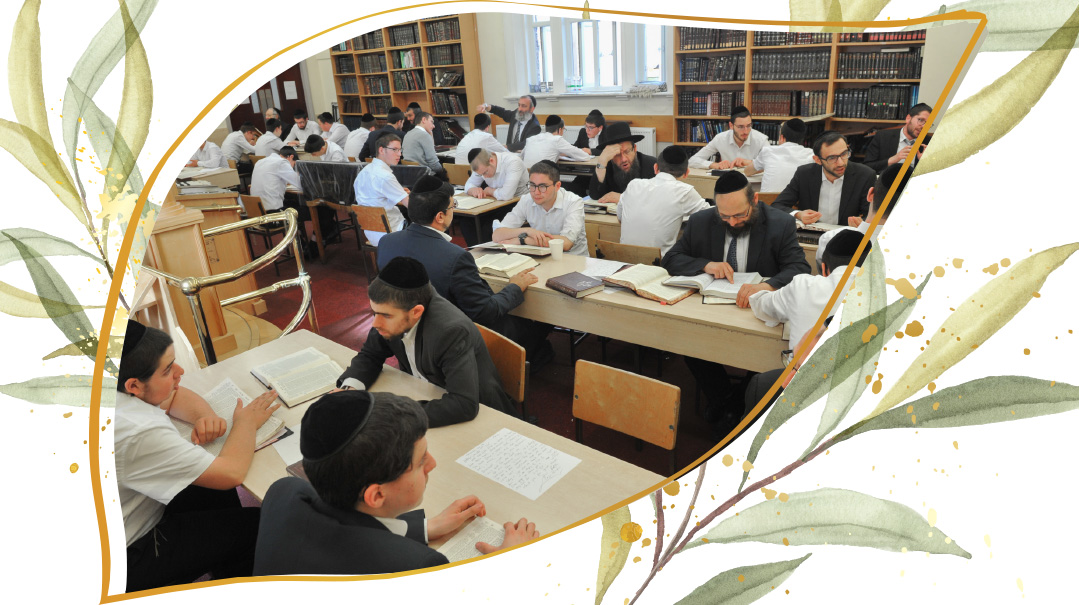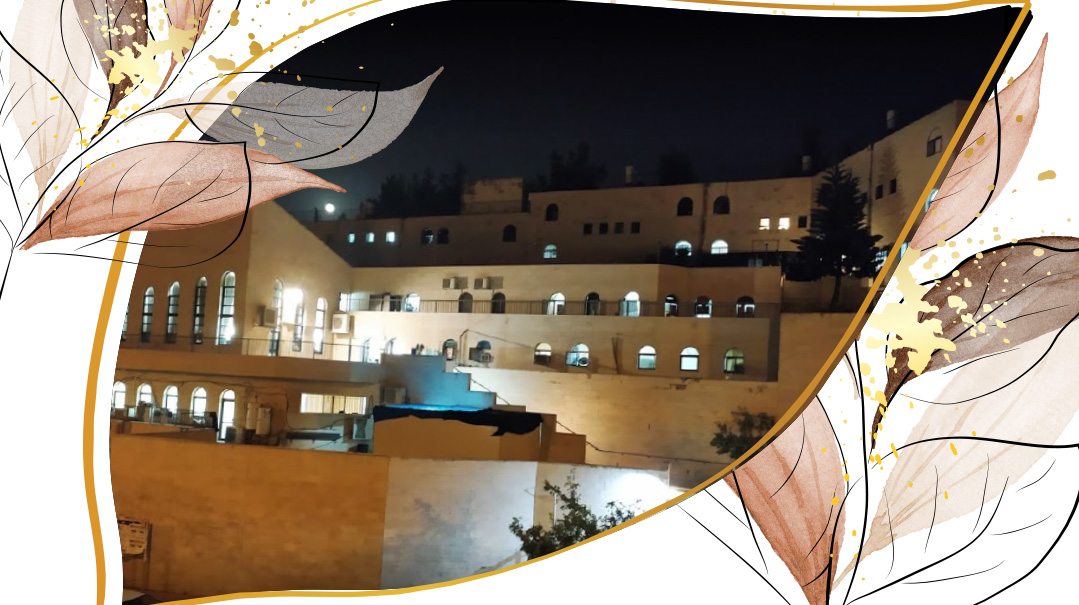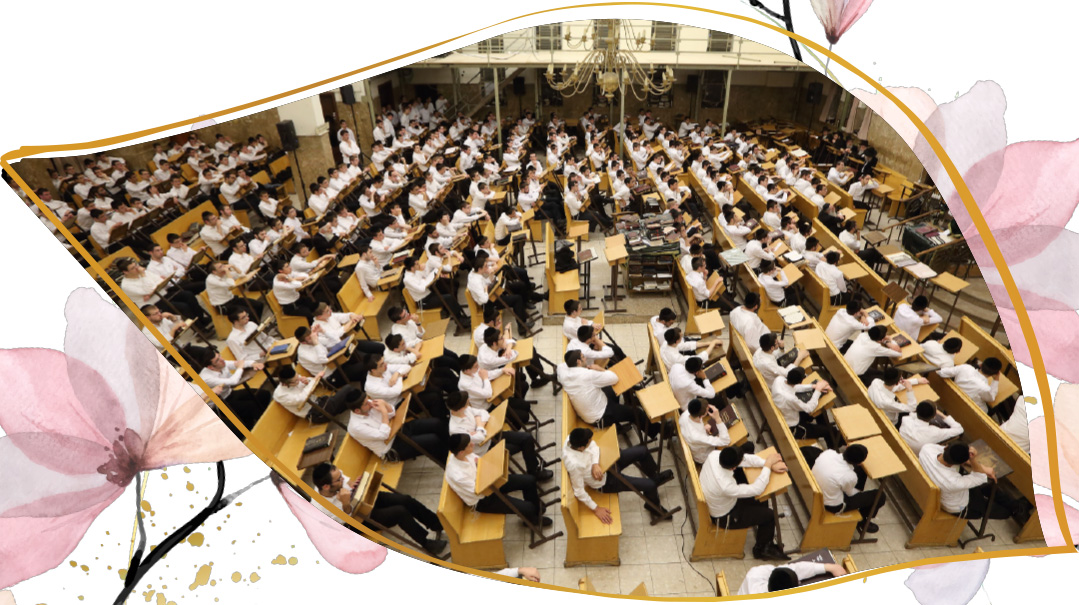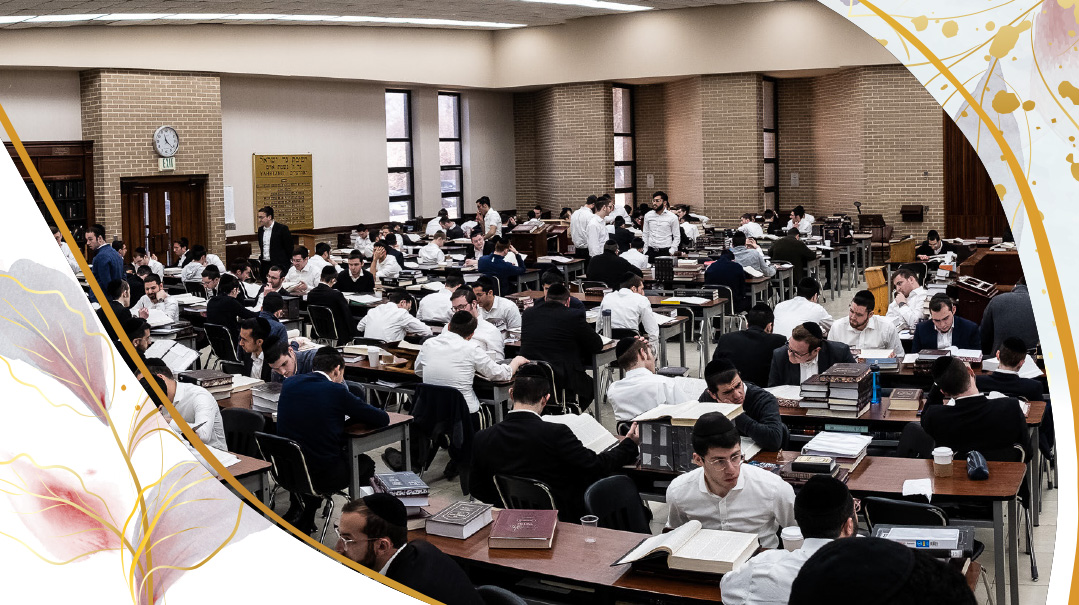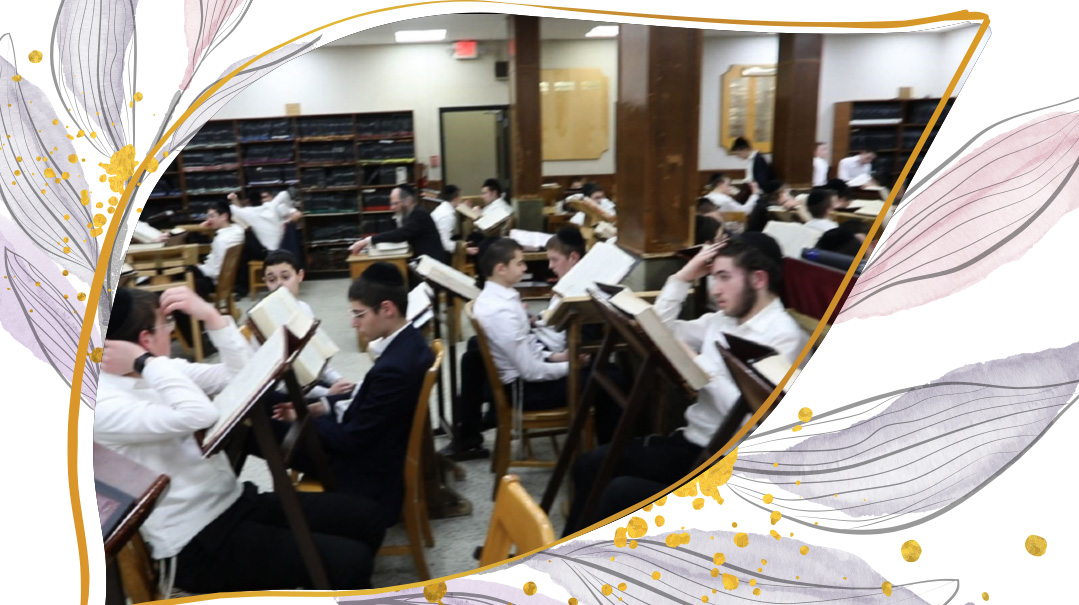A Share for Everyone: Porat Yosef
| May 31, 2022“If we don’t accept this bochur, he’ll probably go to work and abandon learning. I’m not willing for Am Yisrael to lose such a talmid chacham”
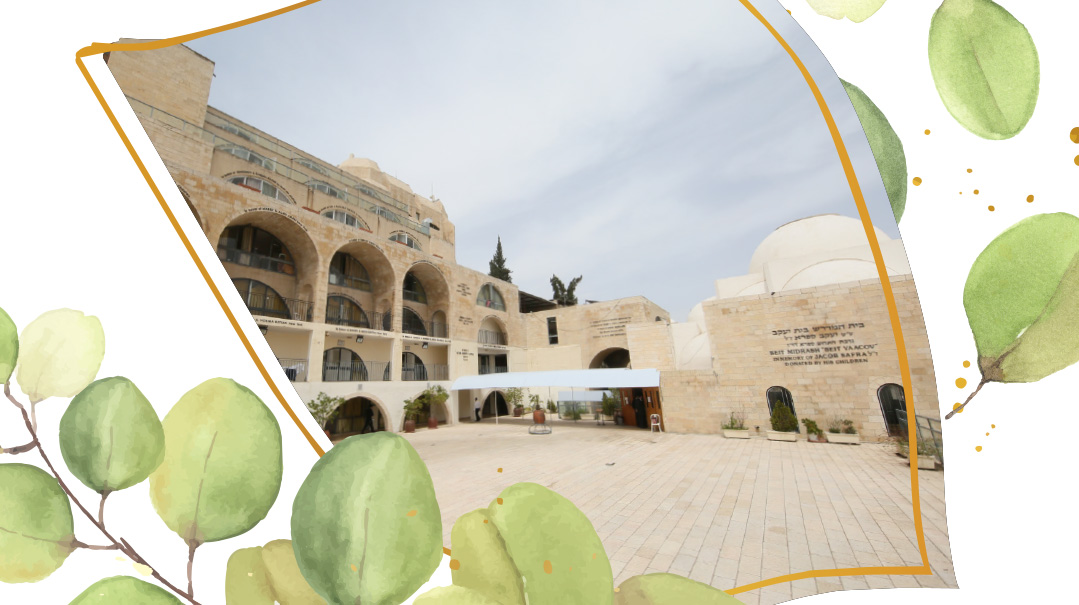
MY family has learned in Porat Yosef for generations. My husband, father, father-in-law, uncles, and cousins all learned in the yeshivah, so my connection to “the mother of Sephardic yeshivahs” is strong.
Porat Yosef’s legendary rosh yeshivah, Maran Hagaon Rav Ezra Attia (1885-1970) looked after every talmid like his own son. “My children have a loving father who takes care of them, but not all the students of the yeshivah have a father. Therefore, I must care for my students even more than for my own children,” he said.
Only the best would do for his talmidim, even in gashmiyus. He himself wouldn’t eat more than half an egg, but he had different standards for his students. “Eat an egg so you can have strength for Torah,” he would order a scrawny student. “And maybe you should smear some butter on your bread, too.”
Occasionally, he’d send his son Rav David to the house of an impoverished oleh who was a talmid chacham and yerei Shamayim, bearing a real treasure: two liras.
“Tell him to buy cream and butter so he can gain strength, but give him the money in secret, so people won’t see that I’m supporting him and stop helping him,” Rav Ezra told his son. “He’s an impoverished talmid chacham and it’s a mitzvah to look after him.”
Decades ago, there was a young bochur who had just made aliyah from Iraq who approached Rav Ezra, expressing his desire to learn in the yeshivah. The Rosh Yeshivah tested him and saw he could have a great future in Torah. But the administration refused to accept him, protesting that they could barely feed all the current students.
The Rosh Yeshivah wouldn’t back down. He told the administrators, “If we don’t accept this bochur, he’ll probably go to work and abandon learning. I’m not willing for Am Yisrael to lose such a talmid chacham.”
The administration stood firm, stating that for all the good will in the world, it was simply not possible to support another student. Undeterred, the Rosh Yeshivah turned to Chacham Ben Zion Chazan, the menahel of the yeshivah, and asked him to deduct the sum necessary for the new student’s upkeep from the modest salary he received as rosh yeshivah.
Chacham Ben Zion was very reluctant to do so, but the Rosh Yeshivah insisted. When Chacham Ben Zion, a father of 12, saw that the Rosh Yeshivah was adamant, he announced that he, too, would share in the student’s upkeep, and the salary deduction would be split between his paycheck and the Rosh Yeshivah’s.
The talmid was accepted to the yeshivah, and he indeed learned with great passion and became a talmid chacham.
The rosh yeshivah’s belief in his talmidim filtered down to the other staff members as well. When they’d discuss any given bochur, they’d say: “It was worth founding Porat Yosef for this bochur alone!” The rabbanim of the yeshivah genuinely believed that, and they transmitted that message to the bochurim.
There was also a miracle in the yeshivah. In Iyar of 5724 (1964), Rav Ovadia Yosef was speaking in the Geula branch of the yeshivah on Leil Shabbos. He’d just finished his derashah when bricks came flying down from the fourth floor of the building, which was still under construction. Panic erupted, and the boys from the neighboring Gur yeshivah warned the bochurim not to leave the building.
Once the noise had subsided, everyone fled the building, carrying chairs over their heads to shield themselves from falling bricks. When they emerged, they discovered that the fourth story of the building had entirely collapsed. Miraculously, none of the 600 people in the building had been injured.
My aunt, a young woman at the time, was in the area then. She was walking down Malchei Yisrael Street toward home on Malachi Street, when she suddenly saw her neighbor, who hadn’t realized the danger had passed, running wildly with a chair over her head.
This episode gave rise to an expression in our family. Whenever someone is doing something that’s no longer relevant, we tell them, “You’re still holding that chair over your head.”
But Porat Yosef is not just about miracles and scholars; it’s for everyone. Porat Yosef taught me that the Torah belongs to all of Klal Yisrael. It’s here, and anyone who wants it can come and take it. Porat Yosef has made it its mission to bring the Torah to the common folk no less than to the great Torah families. The Torah was given to us in the desert, to teach us that the Torah belongs to everyone, and we each have a share in it. This is what Porat Yosef has always imbued in its students.
At a Glance
In the early 1900s, Rav Yosef Avraham Shalom, a Sephardic philanthropist from India, bought land in Jerusalem’s Old City and made plans to build a Jewish hospital.
He asked the Ben Ish Chai for his blessing, but the Rav advised him to give up the idea of building a hospital and build a yeshivah instead, saying: “As for the health of the body, others will step forward to take care of this, but the health of the soul, I don’t see many jumping forward to help with that. I therefore advise you to abandon the idea of a hospital and instead found a beis medrash for chachamim, which is a healing house for the diseases of the soul and our greatest shield against calamity…”
In 1923 the Porat Yosef yeshivah building was inaugurated. Practically all the great Sephardic gedolim of the previous generation were alumni of the yeshivah, and many of them went on to found other yeshivahs.
(Originally featured in Family First, Issue 795)
Oops! We could not locate your form.

